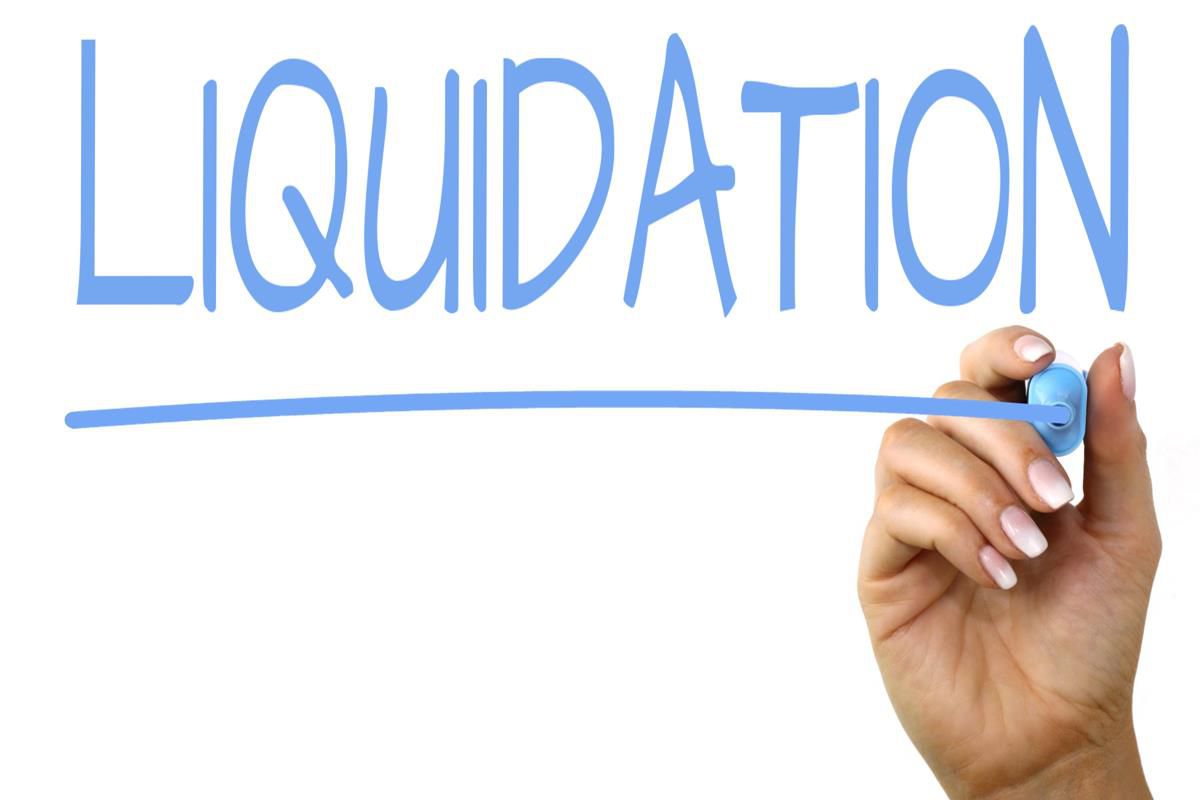Liquidation can be a daunting process for business owners but it is a viable option for business owners. Creditors Voluntary Liquidation (CVL) option offers a level of control and transparency that could alleviate some of the stress of a business’s financial difficulties. In the event of a business that is facing a huge amount of debt, creditors’ liquidation may be a viable alternative to close the company and safeguard the assets against creditors. The process is initiated by directors of a business who are aware that their debts significantly outnumber their assets. If they choose a CVL directors are able to take control of the situation and appoint liquidators for themselves, while also limiting the effect on employees and customers. Creditors who choose to liquidate themselves aren’t an easy choice, but it may give entrepreneurs the chance to take a lesson from previous financial mishaps.

Liquidation is a procedure that is required in the event that a company is unable to meet its financial obligations. It will pay off any outstanding debts and also close the business. The liquidation process for a business can be a lengthy and complex process, which involves the sale of assets to pay debtors. It is important to know the process of liquidation, and to choose a reputable liquidation service to help you.
In the UK there are three types of liquidation: creditors’ voluntary, voluntary, and compulsory. Liquidation is based on the circumstances of your business and your options.
Voluntary liquidation is initiated by the company’s directors and shareholders when they feel that the business is financially insolvent and unable to operate. This kind of liquidation is generally considered to be less costly and simpler than compulsory liquidation which is initiated by a court order.
A creditors’ voluntary Liquidation is a voluntary liquidation that is initiated by creditors who believe the company to be insolvent. This type of liquidation is used to enable the company’s creditors to pay in a timely fashion with the help of an experienced professional licensed liquidator.
When liquidating a company the principal goal of the liquidator is to increase the value of the company to pay its creditors. The liquidator will use funds from the sale of assets such as inventory, equipment and real estate in order to pay any outstanding debts. After the creditors have been paid the remainder of the funds are distributed to shareholders.
It is vital to select a liquidation company that is experienced and has trustworthiness to guide you through the entire process. Here are some key things to look for when selecting a liquidator for your company.
Expertise and Experience: Select an organization that has vast expertise in the industry and a demonstrated track record of liquidations. Select a firm that has the services of licensed insolvency professionals who are able to provide expert advice and guidance throughout the process.
Transparent pricing: Liquidation can be a costly and complicated process, which is why it’s crucial to find a firm that has transparent pricing with no hidden costs. Look for a company that gives the full breakdown of expenses upfront.
Professionalism & Integrity: Look for a firm that is professional and has integrity. Find a company that is a member of the appropriate regulatory bodies and adheres to stringent ethical standards.
The service you receive is individualized. Each business is different, and your liquidation is unique. Choose a firm that offers personal service and customizes the process to suit your needs.
Availability and responsiveness The liquidation process can be a stressful and time-sensitive process It is therefore essential to choose a business that is available and responsive to your needs. Choose a firm that can provide 24/7 support and provide advice and guidance throughout the liquidation.
The process of voluntary liquidation for creditors can seem intimidating, but it’s an option worth looking into if your company is in financial trouble and requires serious help. Be aware that it isn’t going to save your business in a single day. It is essential to take proactive measures. It may be necessary to engage an independent insolvency expert, use cost-cutting strategies as well as look for specialized solutions and handle any ongoing costs. It is possible to save a company with debt relief and options to restructure, like liquidation for creditors at a voluntary basis, and other options. All you need is the proper team. It is crucial to have a professional on your side who can provide you with honest advice during the transitional period. If CVL might be a viable option for your company, be sure you’re informed and devise a strategy for success. With financial stability at hand and a clear path to securing the trust and security required for their company once again.
For more information, click liquidator company
